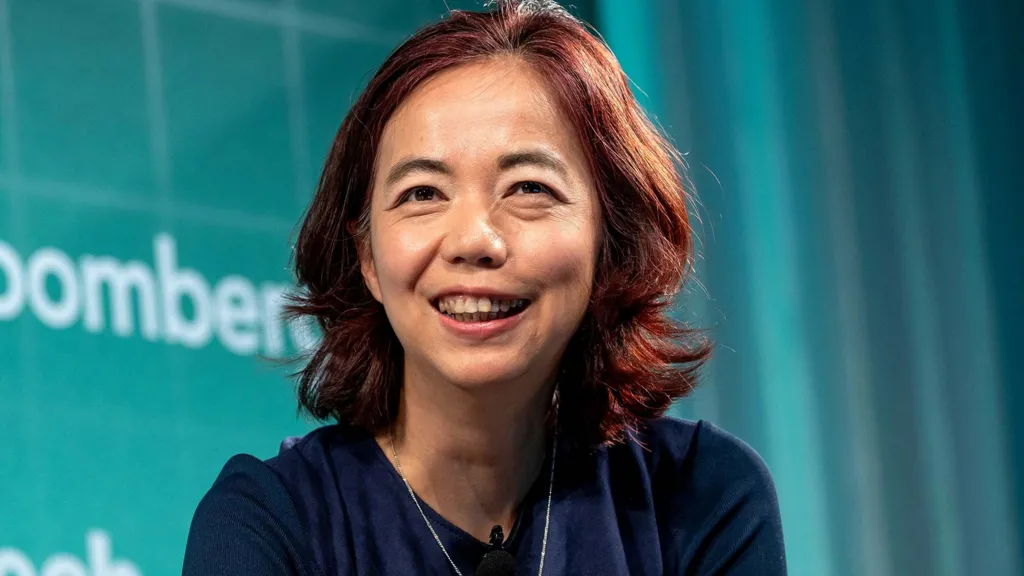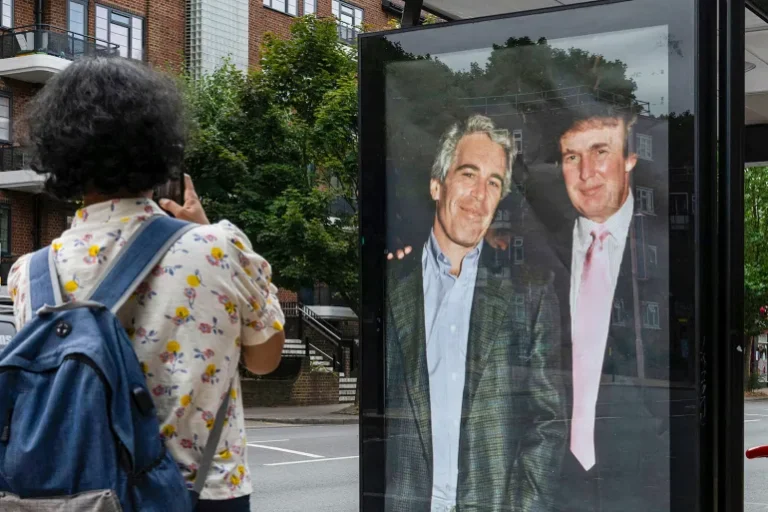
Renowned computer scientist and AI pioneer Fei-Fei Li has been named one of the seven recipients of the 2025 Queen Elizabeth Prize for Engineering. The award ceremony, held at London’s Science Museum on 4 February, recognised the team whose collective work laid the foundation for today’s powerful machine learning systems.
Li, a professor at Stanford University and co-director of its Human-Centered AI Institute, is celebrated for creating ImageNet, the large-scale dataset that made it possible for computers to “see” and understand visual information. Her work, developed with her students in the late 2000s, allowed deep learning systems to train effectively on millions of labelled images, opening the door to major breakthroughs in computer vision.
This year’s Queen Elizabeth Prize brings together a group of influential figures often described as the architects of modern AI: Yoshua Bengio, Geoffrey Hinton, Yann LeCun, Jensen Huang, Bill Dally, John Hopfield, and Fei-Fei Li. Their combined innovations in algorithms, neural networks, hardware acceleration, and data infrastructure underpin the AI technologies that now power smartphones, medical imaging, autonomous vehicles, and digital assistants.
A milestone moment for women in engineering
Fei-Fei Li’s recognition carries special significance. She is the only woman among the 2025 laureates and one of the few women ever to receive the Queen Elizabeth Prize since its inception in 2011. Often referred to as the “godmother of AI,” a title she once hesitated to accept, Li has since embraced it as an opportunity to inspire other women in science and technology.
“I would not call myself godmother of anything,” she said in an interview ahead of the ceremony. “But for all the young women I work with and the generations of girls to come, I’m okay now accepting this title.” Her remarks reflect her long-standing advocacy for diversity and inclusion in technology, areas she continues to champion through her leadership and research.
READ ALSO: Netflix Ad Tier Reaches 190 Million Viewers Under New Metric
Lord Vallance, chair of the Queen Elizabeth Prize for Engineering Foundation, praised the winners for demonstrating “how engineering can both sustain our planet and transform the way we live and learn.” Previous recipients of the prize include Sir Tim Berners-Lee, creator of the World Wide Web, and the team behind the invention of LED lighting.
The lasting legacy of ImageNet
Fei-Fei Li’s ImageNet project changed the trajectory of AI by solving one of its biggest challenges—data scarcity. Before ImageNet, machine learning systems struggled with limited training material. By releasing millions of categorised images to the global research community, Li and her team provided the foundation that allowed deep learning models to flourish.

The dataset’s influence became evident after the 2012 ImageNet Challenge, when a deep neural network dramatically outperformed traditional methods, ushering in a new era for computer vision and machine learning. The breakthrough accelerated innovation across multiple sectors, from robotics and healthcare to entertainment and education.
READ ALSO: U.S. Military Strikes Again on Suspected Drug Vessel in Eastern Pacific
Looking to the future, Li believes the next major leap for AI will come when systems can interact with the physical world, combining perception with understanding and action. She calls this capability “innately important and native to humans and animals,” and predicts it could “superpower creativity, robotics, design, and architecture.”
Fei-Fei Li also urges a balanced, evidence-based approach to public discussions about AI’s risks and potential. “Both extreme rhetorics concern me,” she said, describing scientific disagreement as healthy but warning against fear-based narratives.
The 2025 Queen Elizabeth Prize for Engineering recognises the profound global impact of AI and the engineers who made it possible. Fei-Fei Li’s inclusion highlights not only her technical contributions but also her commitment to ensuring that the next wave of innovation remains deeply human-centred.






